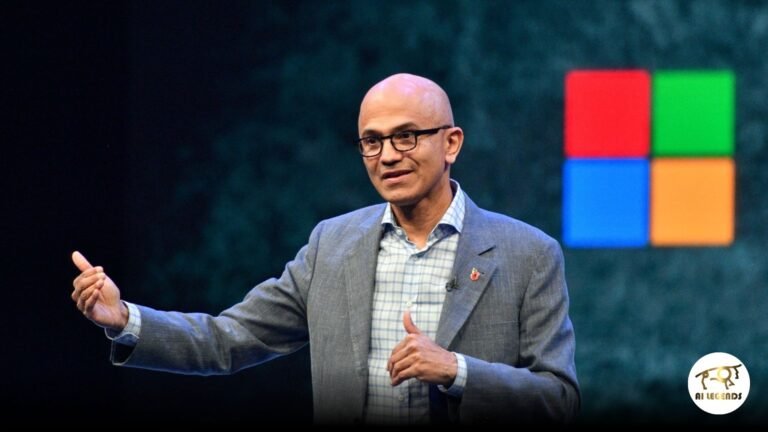UAE to introduce AI education in schools from kindergarten
The United Arab Emirates is poised to incorporate AI education into its school curricula, ensuring that kindergarten through high school students will gain insights into the technology, its practical applications in daily life, and effective methods for implementing various models.
Classes focusing on the ethics of AI are set to be introduced, with the potential for the nation’s youth to lead global discussions on the topic. Sam Altman of OpenAI has previously referred to the UAE as the world’s ‘sandbox,’ where critical issues surrounding AI governance can be explored, ultimately providing a framework for regulatory model’s other countries may adopt.
The newly introduced curriculum is set to encompass a range of topics, including data and algorithms, software applications, the ethical implications of artificial intelligence, practical applications of technology, relevant policies, and social engagement strategies. The design of all modules ensures they are suitable for various age groups and will be integrated into the standard curriculum, rather than offered as after-hours classes.
Introducing AI into schools aligns with the National Artificial Intelligence Strategy 2031, a plan to establish the Kingdom as a frontrunner in AI capabilities, particularly in the education sector. This initiative is also part of broader efforts to diversify the UAE’s economy beyond its reliance on oil production and sales.
The National AI Strategy alters school timetables and allocates funds to enhance AI research. Institutions such as the American University of Sharjah and the United Arab Emirates University are dedicated to integrating this technology within higher education and postgraduate programs. Public awareness and educational initiatives are emerging across the nation as it gains traction in its quest to become a leader in harnessing the potential of artificial intelligence in today’s world.
According to sources close to the initiative, an AI investment fund is projected to attain a valuation of $100 billion within the next few years. The nation is set to invest approximately $1.4 trillion in the United States over the next decade, focusing on energy generation, semiconductor manufacturing, and artificial intelligence infrastructure. Investing overseas is poised to strengthen the Kingdom’s positive relationships with key players in its AI supply chain.
US President Trump is reportedly considering relaxing tariffs and other limitations on the export of Nvidia hardware to the Kingdom. He has scheduled a visit to the region later this month, including stops in Saudi Arabia and Qatar.
The UAE has taken significant steps to promote investment in infrastructure from Chinese manufacturers, including Huawei. This positioning has established the nation as a neutral intermediary in the ongoing trade tensions between Western and Eastern industrial and technology sectors. The broader area encompasses several of the wealthiest countries, meaning that any restrictions on trade are likely to impact vendors on both sides of the spectrum adversely.






